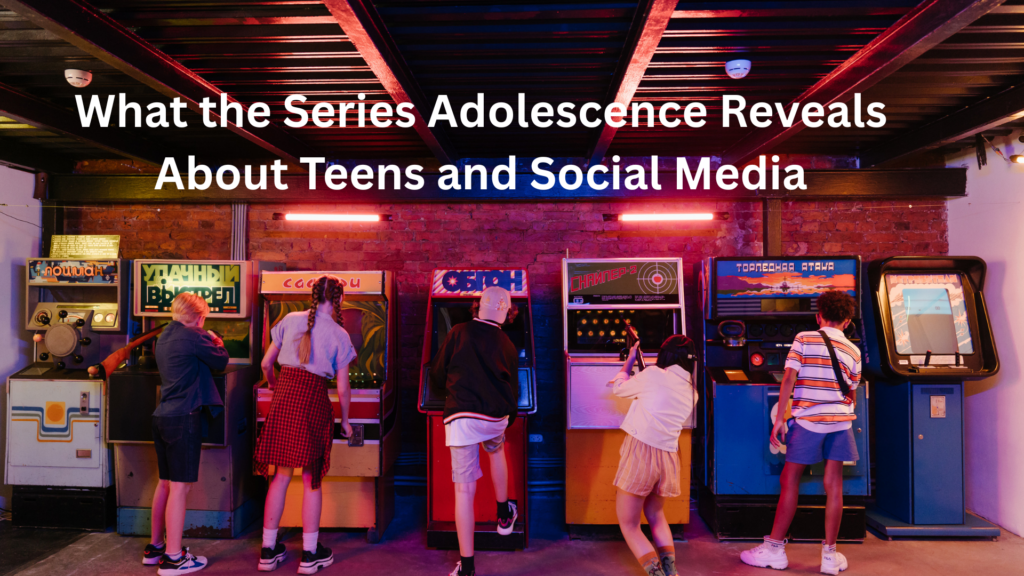The series Adolescence isn’t easy to watch, and that’s exactly why it matters.
It pulls back the curtain on how today’s teens live online. Behind the group chats, stories, and emojis, there’s often a very different emotional reality, one filled with pressure, confusion, and silence.
For anyone working in education, parenting, or online safety, the series holds up a mirror to the world teens navigate every day.
Teens Are Fluent in Social Media, But Emotionally on Their Own
What stands out most in Adolescence is not the drama, but the subtle moments. The way teens laugh things off that hurt. The way memes replace real emotion. The way silence, sarcasm, and dark humor become coping mechanisms.
Social media gives young people a platform, but not always a safe place to process what they’re experiencing. They know how to perform. They know how to curate. But very few are given the tools to understand what’s happening internally.
That disconnect shows up in ways we often miss: a joke that’s actually a red flag, a viral trend that’s masking something deeper, or a group chat that feels more isolating than supportive.
What We Can Learn From It
We shared a few of these takeaways in a recent Instagram post, but here’s what deserves repeating:
Teens aren’t just posting. They’re building their identities online, often in real time, without a break, and under pressure to be liked, relevant, or funny.
The show reminds us that connection can be misleading. Just because a young person is “active” online doesn’t mean they feel supported.
And when something does go wrong, whether it’s bullying, sextortion, or emotional distress, it’s rarely loud. It often shows up quietly, in the form of withdrawn behavior, changed language, or coded messages.
So What Can We Do?
Start with conversation. Not interrogation. Not surveillance.
Use a show like Adolescence as a tool. Watch it together. Ask your teen what felt real. Ask what didn’t. Create space for honesty, not fear.
At CyberSafely, we build tools that help parents spot risks early, tools like our new smart keyboard that flags concerning content while it’s being typed. But we also know that no tool replaces trust. Safety begins with connection.
Final Thoughts
Adolescence doesn’t offer easy answers. It doesn’t tell us what to do. But it shows us why we need to pay closer attention.
We don’t need to be experts in every app or trend. We just need to be present, and willing to listen before things go too far.

